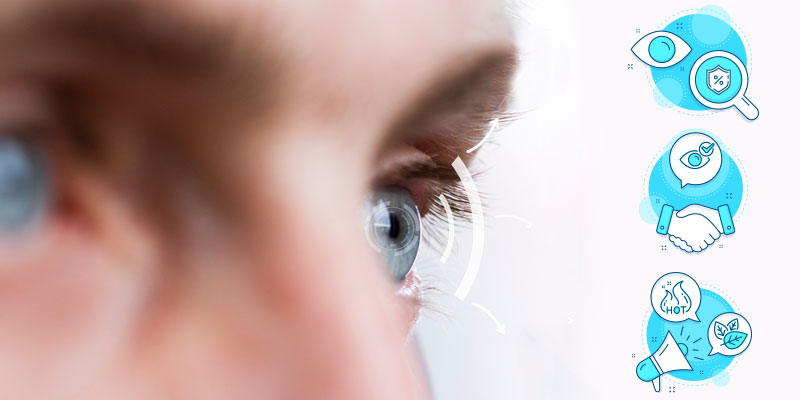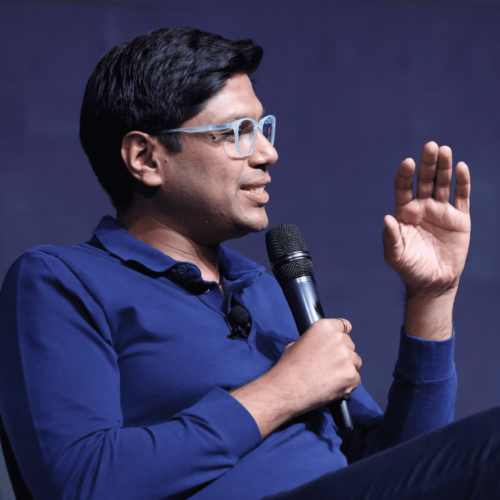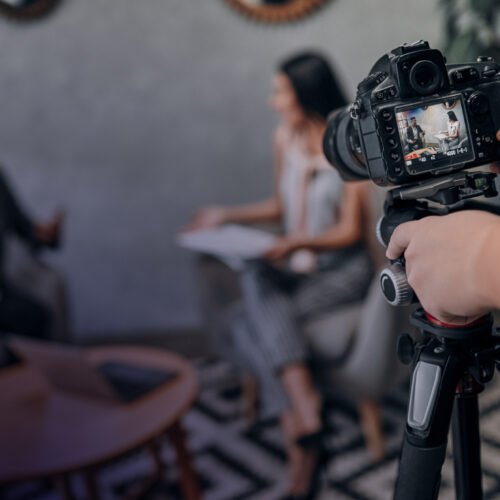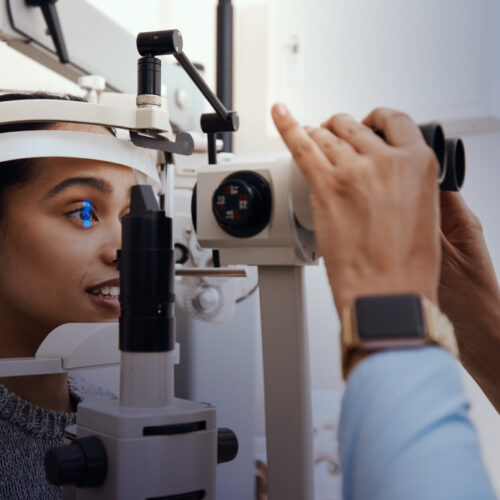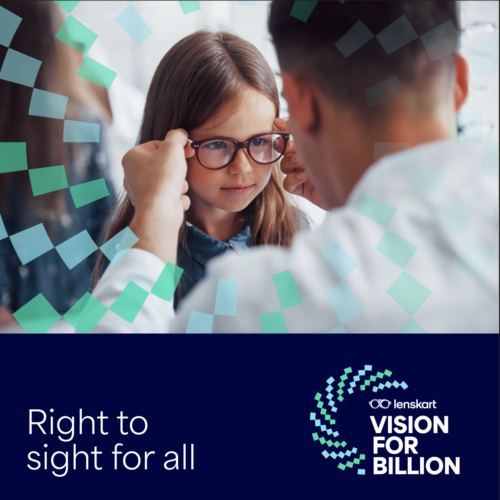What’s The Best Way To Monitor Your Eye Health?

We live in a world where binge-watching the next big thing is cooler than wayfarer sunglasses on James Dean. True story. If you’ve ever found yourself in an awkward pause during social gatherings or video calls (it happens to the best of us) everyone’s go-to icebreaker is now, “So what are you watching right now?” – yup, it’s the new weather conversation cliché. While it is an amazing way to liven up a dull conversation or lack thereof, it shows us how many hours of unhealthy screen time we spew on to our precious peepers.
Given the current situation with the pandemic, and with a new, highly contagious strain of the virus, digital living has never been more vital. This means continued screen time for everyone. While social distancing is not just important, but crucial, we must remember to give our eyes some rest. So the burning question is, “What’s the best way to monitor my eye health?” The answer – “Regular health checkups,” says Dr. Tulika Goleria, Ophthalmologist & Eye Surgeon. Just like the rest of our body, our eyes too require timely checkups, especially if we’re at risk of eye diseases.

We often brush off symptoms as insignificant and all that’s required is a good splashing of cold water and some shuteye. While this may be effective in a few cases, more often than not they could be a warning sign of something much more serious. Conjunctivitis, eye redness, ocular irritation, foreign body sensation, tearing, and chemosis or swelling on the eye may sound like harmless conditions that can be treated at home, but it could also be a sign of COVID-19. Scary, right? This is exactly why Dr. Tulika Goleria insists that everyone visit an eye specialist on the slightest of signs, especially during this pandemic. She explains, “During the COVID-19 pandemic we need to be cautious, because many patients have shown only eye representations of this illness, during and after being infected. I would recommend not taking any eye symptoms lightly, just as COVID-19 affects your respiratory system so does it affect your eyes. This is particularly serious as it could lead to vision problems.”

The best way to monitor your eye health and prevent major problems is to get your eyes examined regularly and get a comprehensive eye health checkup if you’re over 40 years of age. Remember, prevention is better than cure so follow your doctor’s advice and lessen your screen time.
We asked Dr. Tulika Goleria what are some ways in which we can keep our eyes healthy, she recommends a blend of diet, preventive health measures and of course, less screen time.
Expert Tips To Keep Your Eyes Healthy:
Regular Eye Checkup:

Dr. Tulika Goleria recommends a yearly eye examination for everyone irrespective of whether you wear glasses or have 20/20 vision. If you are predisposed to eye problems due to other ailments or have a family history of them, she strongly recommends you visit an eye specialist as soon as symptoms manifest or every year. This holds true for people over the age of 40 years as well.
Reduce Screen Time:

It’s time to take a break from your love affair with digital devices. Just like any bad relationship, it leaves you with teary eyes and an unhealthy obsession with junk food. The light emitted from our beloved digital devices does a lot of harm to our eyes, this is the most common prescription for better eye health and is highly recommended not just by Dr. Tulika Goleria alone, but by most eye experts.
Blink Often:

Don’t let your eyes dry out, blink every 20 seconds to keep them moist. If they are overly dry, Dr. Tulika Goleria explains that the use of hydrating eye drops will help give you relief. But this doesn’t give you the license to overexert your eyes.
Remove Eye Makeup:

Clean up your act, well at least your eye makeup before bed. Mascara and kajal tend to get into the tiniest crevices of your eye and if you don’t remove your eye makeup – we mean thoroughly – you could end up with allergies or worse, fungal infections. Dr. Tulika Goleria explains, “Mascara and kajal need to be removed before sleeping. While mascara wands and surma applicators have been known to cause eye injuries.”



